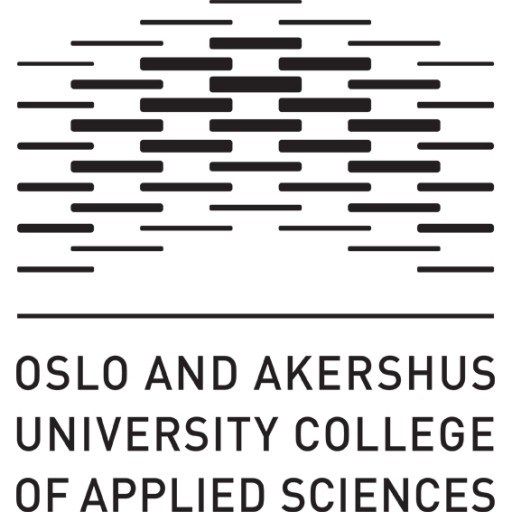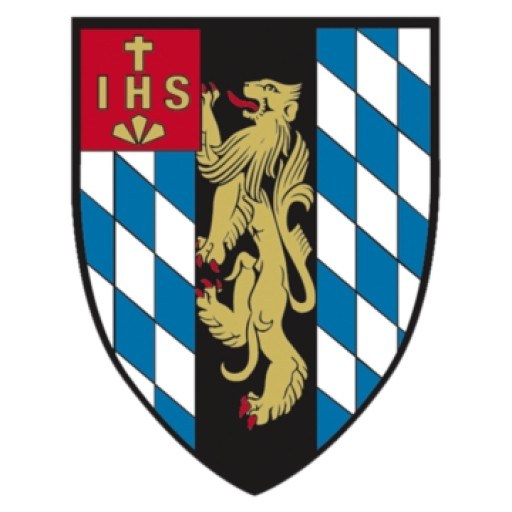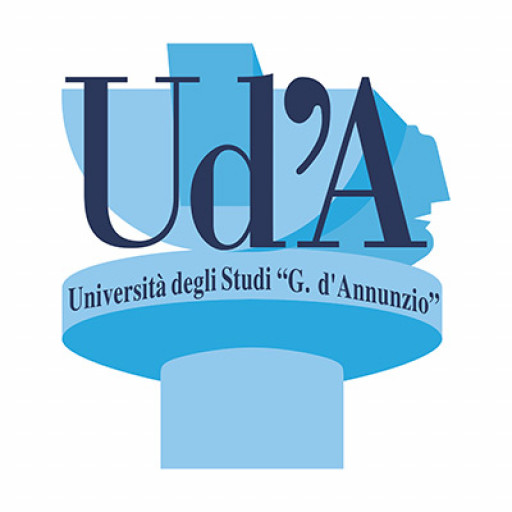Photos of university / #hioa
Multicultural and International Education is a dynamic and comprehensive program offered at Oslo and Akershus University College of Applied Sciences. This program is designed to equip students with an in-depth understanding of cultural diversity, international perspectives, and educational practices across different societies. Students will explore themes such as intercultural communication, global education policies, multicultural pedagogy, and social inclusion strategies, preparing them to work effectively in diverse educational settings worldwide.
The program emphasizes the development of critical thinking, cultural sensitivity, and practical skills necessary for addressing the challenges and opportunities associated with multicultural education in an increasingly interconnected world. Courses are structured to provide theoretical knowledge alongside practical application, including internships, projects, and collaborations with international organizations. Throughout the program, students will engage with current research, case studies, and real-world scenarios to enhance their understanding of the complexities involved in teaching and learning across cultures.
Students will have opportunities to specialize in areas such as immigrant education, global citizenship, language diversity, and inclusive practices. The curriculum is designed to foster an international outlook, encouraging students to develop adaptable and innovative approaches to education in multicultural contexts. The program also promotes interdisciplinary learning, drawing from fields such as sociology, anthropology, education, and political science.
Graduates of the Multicultural and International Education program will be well-equipped for careers in international schools, NGOs, governmental agencies, educational consultancy, and community organizations that serve diverse populations. They will possess the skills needed to design and implement educational programs that promote inclusion, equity, and intercultural understanding. As the world continues to globalize, the need for skilled educators who can navigate cultural differences and foster global citizenship is more important than ever.
This program is suitable for individuals passionate about advancing social justice, equity in education, and fostering intercultural dialogue. It prepares students to become reflective practitioners capable of contributing to positive change in education systems and communities worldwide. With a strong focus on practical experience, cultural awareness, and academic rigor, the Multicultural and International Education program offers a unique pathway for those committed to making a meaningful impact in the field of education on an international scale.
The Master’s degree programme in Multicultural and International Education at Oslo and Akershus University College of Applied Sciences is designed to equip students with a comprehensive understanding of education within diverse cultural and international contexts. The programme explores critical topics such as intercultural communication, global education policies, comparative education systems, inclusive education practices, and the role of education in promoting social justice and equality across different societies. Students will engage with theories and methodologies pertinent to multicultural education, gaining skills to analyze and address educational challenges faced by diverse populations worldwide. The programme emphasizes practical application through project work, case studies, and internships, enabling students to develop innovative solutions for real-world educational issues. Throughout their studies, students will enhance their capacity for cross-cultural dialogue, policy analysis, and program development, preparing them for careers in international NGOs, educational consultancy, policy development, and intercultural training. The curriculum also covers language and communication skills necessary for effective engagement in multicultural environments, as well as research methods specific to education studies. Faculty members are experienced scholars with expertise in international education, cultural studies, and social justice, providing mentorship and fostering critical thinking. Graduates of this programme will be well-equipped to contribute to the development of equitable and inclusive education systems worldwide, advocating for marginalized groups, and fostering understanding across cultures. This master’s programme offers a unique opportunity for students passionate about making a positive impact in global education, combining theoretical insights with practical skills to navigate and shape the complex educational landscapes of the 21st century.
Want to improve your English level for admission?
Prepare for the program requirements with English Online by the British Council.
- ✔️ Flexible study schedule
- ✔️ Experienced teachers
- ✔️ Certificate upon completion
📘 Recommended for students with an IELTS level of 6.0 or below.
The financing of the Multicultural and International Education program at Oslo and Akershus University College of Applied Sciences is primarily structured around a combination of public funding, student tuition fees, and potential external funding sources. As a public university college in Norway, the institution benefits from State funding allocated by the Norwegian government, which covers a significant portion of operational costs for degree programs offered in Norwegian and English. This government support ensures that the program remains accessible to a diverse student body, including international students, by minimizing financial barriers.
Tuition fees for international students enrolled in this program are set according to Norwegian regulations for higher education institutions. Since Norway subsidizes most higher education, tuition fees are comparatively moderate compared to private universities in other countries. Currently, international students are required to pay an annual tuition fee, which is used to support the administrative, infrastructural, and academic needs of the program. These fees vary but are generally structured to allow the university to maintain quality and expand its educational offerings.
Students are also encouraged to seek external sources of funding, such as scholarships, grants, and loans. The Norwegian State Educational Loan Fund (Lånekassen) offers financial support for eligible students, including international students who meet specific criteria, helping cover living expenses and sometimes tuition fees. Additionally, some students may obtain scholarships from international organizations, government agencies, or private donors aimed at promoting international education and multicultural exchange.
The university also emphasizes partnerships with international organizations and educational institutions, which may provide supplementary funding, research grants, or project-specific support for students involved in international education initiatives. These collaborations enhance the quality and scope of the program, making it more financially sustainable and providing students with opportunities for funded internships, exchange programs, or research projects.
Overall, the financial structure of the Multicultural and International Education program is designed to ensure both accessibility and sustainability, involving a mix of Norwegian public funding, manageable tuition fees for international students, and diverse external funding opportunities. The combination of these funding sources aims to support the program's goal of fostering multicultural understanding and international competence among students while maintaining high academic standards.
The Multicultural and International Education program at Oslo and Akershus University College of Applied Sciences is designed to prepare students for diverse careers in education, intercultural communication, and international development. The program emphasizes understanding cultural differences, promoting inclusive education, and developing skills necessary to work in multicultural environments globally. Students explore theories of multiculturalism, global educational policies, and practical approaches to teaching and learning across different cultural contexts. The curriculum incorporates a range of courses that focus on intercultural competence, language diversity, social justice, and the role of education in fostering social cohesion. The program also offers opportunities for fieldwork and internships, enabling students to gain practical experience in schools, NGOs, or international organizations. Graduates of the program are equipped to work in international schools, community organizations, governmental agencies, or pursue further academic research in multiculturalism and education. The program is characterized by its interdisciplinary approach, combining pedagogical theories with sociological and political perspectives, aiming to prepare students for the complexities of contemporary multicultural societies. It also encourages critical thinking, reflective practice, and cultural empathy. The university's strong ties with international institutions and the emphasis on real-world application enhance the educational experience. The program is suitable for students interested in international issues, human rights, social inclusion, and cross-cultural communication, offering them the tools needed to make meaningful contributions to global and local communities.











